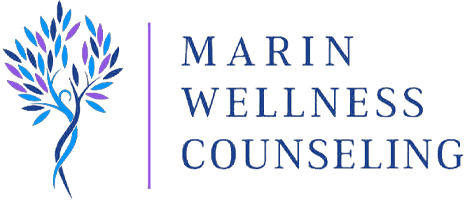How to Cope with Relationship Fears and Support Your Partner

There’s a scene from the 2006 movie “The Break-Up” that feels all too familiar in most relationships: the fight over dirty dishes.
Jennifer Anniston’s famous line “I want you to want to do the dishes!” succinctly captures the essence of the layered complexity behind couples arguments. In other words, it’s not about what your partner does, as much as it is about how it makes you feel. If you have watched this movie, the character’s true desire may be obvious to you .. she wants to feel appreciated and valued, right?
However, if you have ever been in an argument with your partner, and anger and resentment is bubbling up inside of you, it’s not always easy to take a step back and reflect on what is at the core of the disagreement. So the question is, how does one get to the core of what is ACTUALLY going on?
Underneath, we can usually find an Attachment Fear:
– Fear of being rejected
– Fear of being abandoned
– Fear of being a failure
– Fear of not being accepted or valued
– Fear of being unlovable
– Fear of being controlled
– Fear of not being protected
– Fear of not being cared for

Coping with Relationship Fears
As individuals there are ways that we cope with these fears, and when you are in a relationship that coping becomes interactional. It is common for these interactions to become communication patterns in relationships – and often these patterns may not serve us in the way we hope.
For example, let’s say you are the one who is constantly cooking and cleaning, you might say “you don’t realize how much I do around here”. You are driven by your fear of not being accepted or valued. In response, your partner might have a fear of being controlled, and to avoid the conversation, they might leave and go for a drive.
This is one of the most common interactional patterns between couples knows as pursue/criticize & withdraw/avoid. For many, these communication patterns may have been going on for years, and they may be so entrenched that in the heat of the moment, your response may come out as emotional muscle memory.
So now you may be wondering, how do we get out of these unhelpful loops?

3 Steps to Start to Change the Unhealthy Relationships Patterns:
Step 1:
We first need to begin by acknowledging that these patterns even exist. By discovering and acknowledging them, we can focus on what needs to be changed.
Step 2:
The second step is a careful process of dismantling these patterns and reversing them by micromovement. *add in what micromovement is*
Step 3:
Once reversed, we can replace them with patterns that leave each partner feeling held, validated and understood.
Admittedly, it is a lot easier to describe the process, than to live it. It is a delicate dance and one that is driven by the ability to be vulnerable.
Emotionally Focused Couples Therapy
Emotionally Focused Couples Therapy (EFCT) is the choreographer of this dance. EFCT is a psychotherapeutic model developed by Dr. Sue Johnson. An EFCT therapist moves between helping partners reorganize their inner worlds, and in turn strengthen their interactional dance.
If you’re reading this you might be thinking of what patterns exist within your relationship. Kudos to you for having the courage to learn the first move of this dance!

